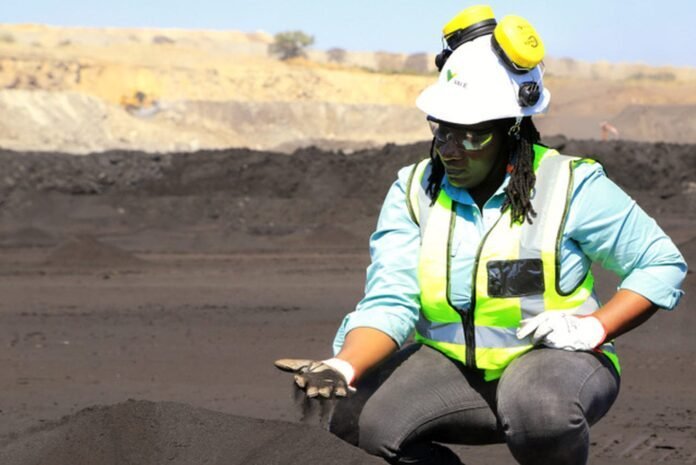In November and December 2023, in the districts of Ancuabe, Balma, Mocimboa da Praia, Montepuez and the city of Pemba, the Institute for Economic Development, in partnership with the University of Gothenburg, carried out a survey to understand the level of satisfaction and the views of local residents in relation to the development of the district. The aim was also to assess the benefits, the compensation for the land occupied and the problems that have arisen in the communities due to the installation of the extractive industry, with a focus on the socio-economic impact for the communities living in the areas surrounding the mines.
This study seeks to comprehensively analyze how the extractive industry has impacted local communities, from the perceived benefits to the challenges faced. The results of this survey will provide valuable data on the impact of the extractive industry on communities and can guide future policies and practices to ensure that economic development is equitable and sustainable for all involved.
Total number of people surveyed
The study had a total sample of 550 people interviewed, and in all districts (Ancuabe, Pemba,
Mocímboa da Praia, Montepuez and Pemba) there was more male participation during the surveys, with a total percentage of 79.09% compared to 26.91% for females, as the study’s graphs illustrate.


Analysis of the socio-economic conditions of the areas where mineral resources are extracted
resources
According to the study, in the districts of Ancuabe and Balama, it was found that a growing number of respondents had not attended any level of schooling, either primary or secondary, which resulted in a growing number of illiterate people. Furthermore, in both districts, the population depends on subsistence farming as well as trade which would improve their needs.
In the Montepuez district, a large number of the survey participants have attended/completed the secondary level of the SNE and are employed, i.e. they are employees of public and private institutions.
public and private institutions.
Finally, in Pemba, the majority of those surveyed have post-secondary technical qualifications and are employed.
are employed, and according to them, the current economic situation in the district is reasonable, and they consider
the current living conditions are good.
Level of community participation in mega-projects
In Ancuabe, from the universe of respondents, it was possible to verify that a large part of the population has participated in the public hearings and is aware of the various promises made by the projects in the context of their implementation.
In Balama, the data indicates that the majority of those surveyed have never taken part in any public meeting on the project, nor in the preparation of the mega-project’s promises, nor have they ever had a public hearing with government officials, which has contributed to the low level of issues for the benefit of the community.
In Mocímboa, the evidence shows that the majority of those surveyed have never taken part in public meetings on the Mega-Project, and have rarely participated in drawing up the Mega-Project’s promises.
In Montepuez, the majority of those surveyed often attended public meetings on the project, and most of them took part in drawing up the Mega-Project’s promises.
In the district of Pemba, 30% of the majority of those involved in the survey had never attended a public meeting with the government, 36% had participated 1 or 2 times in the elaboration of the Mega Project promises and the remaining 36% had never participated, 35% and 42% of the majority of those surveyed had had audiences with government officials and their questions had never been registered, respectively.
Level of employability of mega-projects





Summary: The survey of a total of 550 people showed that the socio-economic conditions of the districts (Balama, Mocímboa, Montepuez and Pemba) are favorable, unlike the reality observed in the district of
Ancuabe district.
Unlike the population of Balama, Mocímboa da Praia and Pemba, the population of Ancuabe and Montepuez always participated in public meetings with the extractive industry and in the development of the Mega Project promises, where they always registered their issues for the benefit of their community and, unlike those interviewed in Ancuabe, those in Montepuez often had audiences with government officials.
Study projections by: Institute for Economic and Social Development.




